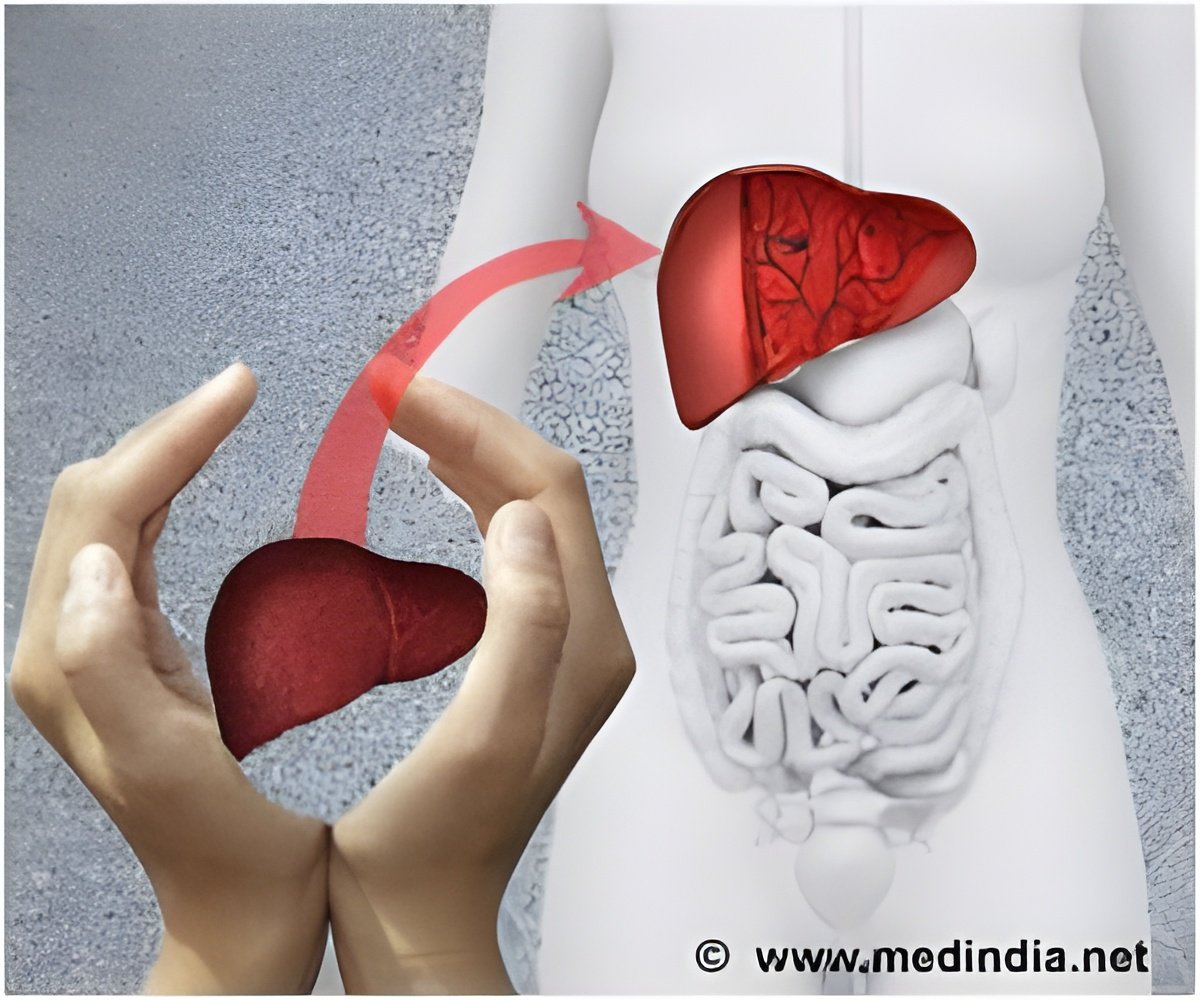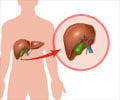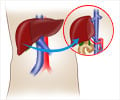Liver transplant recipients with less understanding of treatment regime and non-adherence to medications may be more likely to have adverse clinical outcomes.
New research reports that liver transplant recipients’ less understanding of treatment regime and non-adherence to medications is linked to adverse clinical outcomes, such as organ rejection or graft loss. Immunosuppressive drug therapies help improve survival rates for those undergoing solid organ transplantation. However, their effectiveness may be hindered by multidrug regimens that require strict adherence overtime, with non-adherence responsible for close to 50% of late acute rejections and 15% of graft losses in adults.
The research team enrolled 105 liver transplant patients, majority of which were middle-aged men. 15% of the group had limited literacy. The average number of medications used by patients was 11, with 39% of the group having had a change in medication within the last month. Results showed that on an average 86% patients understood their entire medication regimen, with 78% adhering to the therapy regime. Self-reported non-adherence to the treatment regimen was 14% and based on tacrolimus levels the number more than doubles to 32% of patients.
Low income, lesser time since transplant, higher number of medications and limited literacy were associated with lower treatment knowledge scores, and more medications and limited literacy were linked to non-adherence to the treatment regimen by tacrolimus levels.
Dr. Marina Serper with the Hospital of the University of Pennsylvania in Philadelphia said, “By involving existing transplant center resources in cost-effective interventions that help patients properly manage their drug regimens, we could see an improvement in long term health of solid organ transplant recipients.”
The study is published in Liver Transplantation, a journal of the American Association for the Study of Liver Diseases and the International Liver Transplantation Society.
Source-Medindia
















